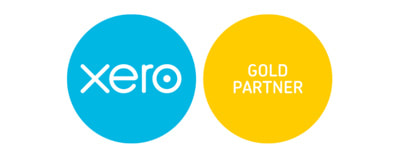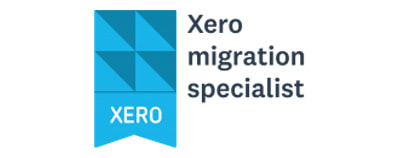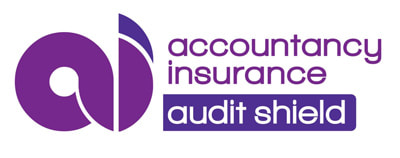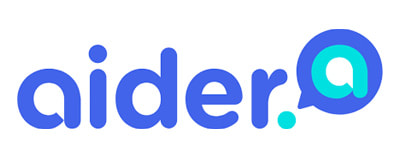COVID-19 Payment reviewThe Inland Revenue have nearly completed the applications for the COVID-19 Support Payment and are now reviewing the accounts of a sample of their customers who received one or more of the following:
The review is to make sure customers met the relevant eligibility criteria and have used the payments in line with the terms and conditions. If the IRD find you were ineligible or have not used the payments in line with the terms and conditions, they may act to recover these. To check the eligibility criteria visit the website by clicking the link. The message here is to ensure to send your expenses reconciliation to your accountant. Hidden Economy real estate campaignInland Revenue started the campaign because a number of real estate agents appeared to be:
The message here is do not claim personal expenses and common errors that real estate agents make. If you have questions about any of these issues please do not hesitate to get in touch with us here at Apex Accountancy.
Employers and employees need to work together to protect New Zealand and keep each other safe during the global COVID-19 pandemic. This means that normal obligations to keep in regular contact and to act in good faith are more important than ever. Regular employment law still applies to all employment relationships – regardless of the circumstances that we find ourselves in. This includes:
When COVID-19 traffic light settings change, employers and employees should first discuss whether the employee can work normally, how much work is available, and how to work safely at home or at their usual place of work. If the employee cannot work normally (e.g. their normal number of hours), the employer and employee should discuss what options are available. This page outlines some of those options. Employee entitlements to leave and pay It can be difficult to navigate a complex and rapidly changing situation such as with COVID-19. One of the key challenges is working out employee entitlements to leave when the worker cannot go to the workplace or work from home. If a worker is sick with COVID-19, or required to self-isolate under Ministry of Health guidelines for COVID-19, the first consideration for an employer should be to look after people, contain COVID-19 and protect public health. Employers should not require or knowingly allow workers to come to a workplace when they are sick with COVID-19 or required to self-isolate (as a suspected case, a close contact, or on return from overseas) under public health guidelines for COVID-19. If they do, they are likely to be in breach of their duties under the Health and Safety at Work Act. The following table provides guidance to employers and employees about these entitlements. In all options in this table, the employer and employee should seek first to reach agreement in good faith on what approach will be taken.
* If the employer is receiving a wage subsidy or Leave Support Scheme payment, all named employees must receive a minimum payment depending on their circumstances. For employment advice , talk to your employment lawyer.
There are many options set out in this table and the implications of those options may vary depending on people’s individual circumstances. Parties are strongly encouraged to seek advice to ensure that the options chosen are the best options in the circumstances available. Contractors and self-employed people Contractor arrangements are not covered by this guidance. Businesses and contractors can agree to any payment arrangements they wish to. This article has been extracted from the Employment Law website. For more information please click here. Affected by the move to Alert Level 4 on 17 August 2021 and The Current Protection Framework (Traffic Light System)?
Wage subsidy August 2021 is available throughout New Zealand to support you in paying your employees two weeks’ worth of wages. Also available if you are self-employed. What you need to know: You need to meet the eligibility criteria and meet certain obligations. This involves completing a revenue decline test to show your business has and currently is being affected by the continuation of Alert Levels and traffic light systems, from 17 August 2021. For more information head over to here to Work and Income. Your business needs to meet the eligibility criteria as outlined below and agree to meet the obligations in the declaration to be able to get a COVID-19 Wage Subsidy August 2021. It's available to all New Zealand businesses and self-employed people that meet eligibility criteria.
The full eligibility details and obligations are set-out in the declaration, which you must read and agree to when you apply for the COVID-19 Wage Subsidy August 2021. |
Archives
May 2024
Categories
All
|
OUR PARTNERS
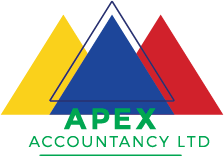
 RSS Feed
RSS Feed
